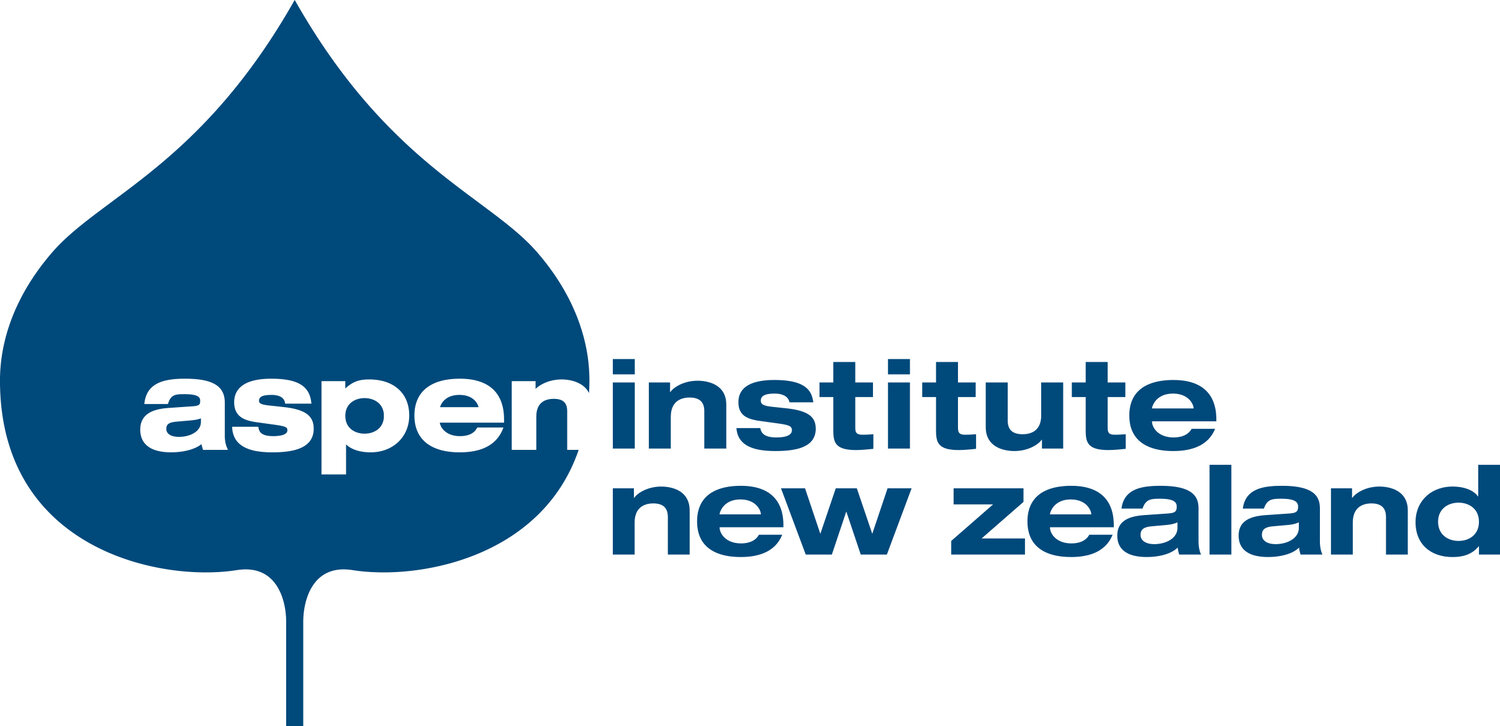Aspen Summer Series leads with the Indo Pacific
The Aspen Summer Series on Geopolitical Challenges started with a bang with a scintillating forum on the Indo Pacific. With New Zealand's top experts on the topic, Suzannah Jessep, Nicholas Khoo and Natasha Hamilton-Hart, the forum was skilfully moderated by Alan Bollard. The audience was treated to a dynamic and candid conversation on the complexities and nuances in the region, which is now materially different from the early 2000s, with the rise of China, the emergence of India as a significant power, and the shifting US alliance network. Undisputed was the recognition of the importance of the Indo Pacific to NZ’s future and that NZ’s engagement was lagging.
In recent years, the business economics of the Indo Pacific region has been disrupted, moving away from the inclusive APEC and ASEAN model, which promoted interdependence among the wider SE Asia region, with a more recent shift to the Indo Pacific-centric decoupling model, pushing investment outside of China. The result has been a disruption in supply chains worldwide, along with increased export controls and sanctions, making it more challenging to do business in the region.
“For business, “Indo Pacific” signals a security-driven intrusion into the “economics only” regional integration associated with the term Asia Pacific in previous decades. Indo Pacific means that complex supply chain linkages, mostly centred on China, are coming under pressure from a new zero-sum logic”. Natasha Hamilton-Hart, Indo Pacific panellist; Director, NZAI Institute.
The benefactor of this new model has largely been India, which is picking up the pieces from the broken supply chains in China and creating new pathways for tech and other emerging industries within India. Yet India is a rising power with several contradictions that don't necessarily sit well with NZ's ideological preferences or those of other democratic countries; India is a democracy, yet they have been aligned with Russia since the Cold War. While they are looking to decrease their dependence on Russian oil, they have been slow to reprimand them for their attack on Ukraine. There remains a trust deficit between India and the US because of this relationship, and India is seen as a puzzle in terms of its rising influence in the region. However, because India wants to preclude China's dominance in the South China Sea, they remain in alliance with the US. For NZ, the security benefits of economic growth in India could translate into a security advantage, should security in the region become threatened.
Despite many attempts, NZ has limited trade with India. With dairy being the usual lead-trade approach, NZ has yet to understand how to develop its trading strategy with one of the world's largest dairy producers. While NZ could focus on exporting high-end dairy products, it is unlikely that India will engage, without a people-first, service-led approach to future trading agreements. NZ needs to be fluid and transactional, building relationships, increasing respect and knowledge. Opening the door to students and immigrants could be a place to open the conversation.
As the 21st century is seeing the politicization of the economy, economic decisions are no longer made solely on the basis of market forces, and political factors, such as political power, geopolitical relationships, and strategic interests also shape economic considerations. While the Indo Pacific region has become India-centric, it also includes other countries such as Indonesia, Bangladesh and Vietnam, which each present their own unique opportunity for NZ. A broadened focus away from India and China would benefit NZ in the long term.
In dealing with India, NZ needs to adopt a sophisticated and knowledgeable approach to diplomacy, moving away from a focus on free trade agreements towards a service- and people-led approach, similar to Australia, which in 2022, successfully negotiated a free trade deal with India.
If you missed the forum, watch the full replay on our YouTube channel below, or listen on our Apple Podcast channel ‘Beyond Borders’
This article reflects the views of our panellists, Indo Pacific experts Suzannah Jessep (Director Research and Engagement, Asia New Zealand Foundation), Nicholas Khoo (Assoc. Prof. Chinese Foreign Policy; Asian Security; International Relations, University of Otago), Prof. Natasha Hamilton-Hart (Management and International Business, University of Auckland; Director, New Zealand Asia Institute) and moderator Alan Bollard (School of Gov; Chair for Pacific Region Business, Victoria University of Wellington).

